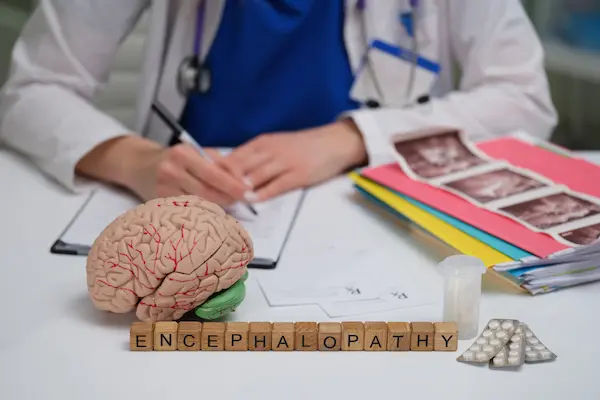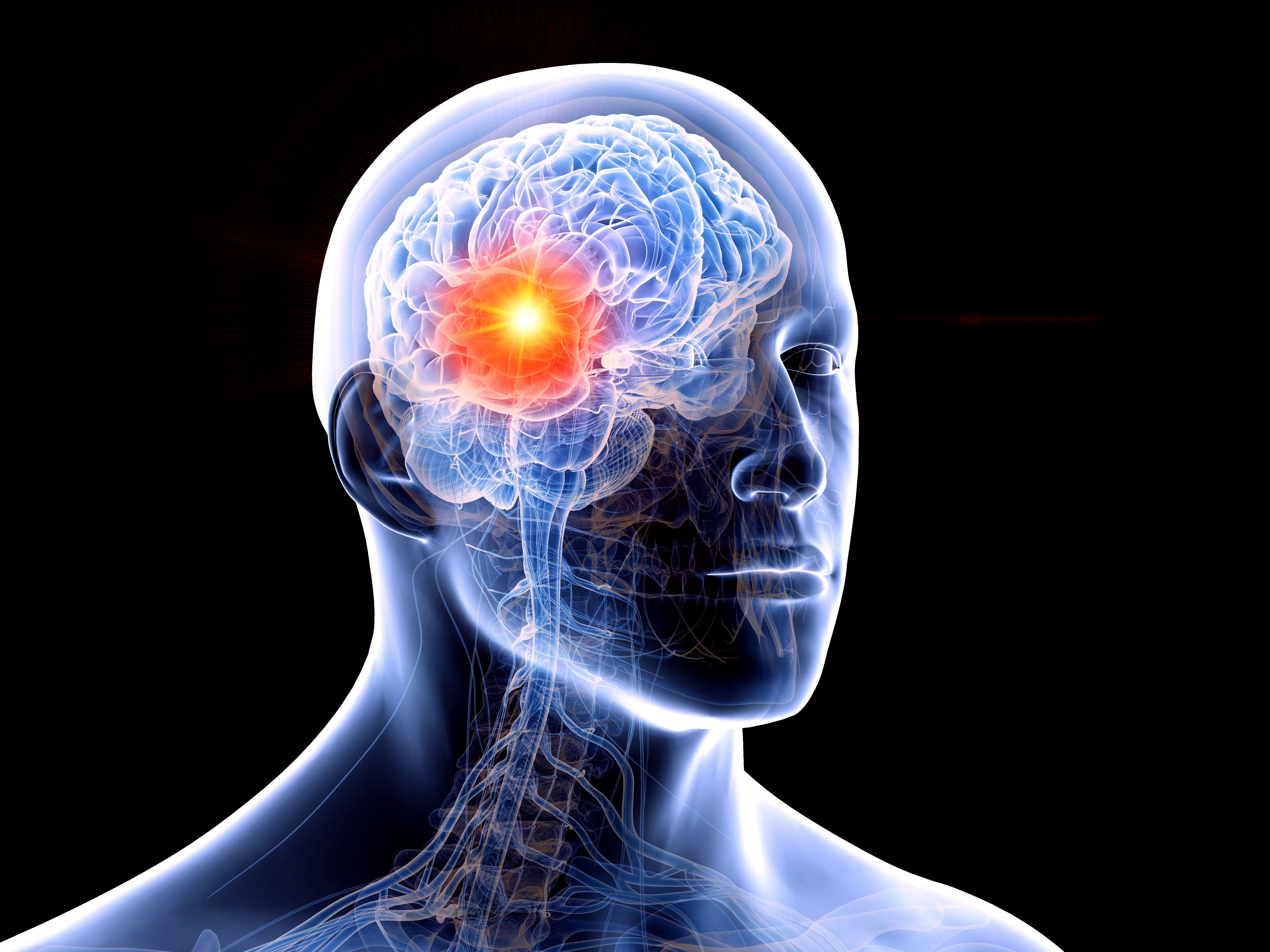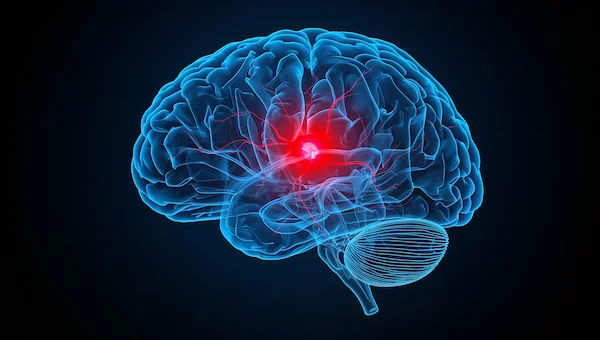- male
- 30 Years
- 31/03/2021
How many muscles are in the human body?
More Neurology Health Queries
View allIs a concussion serious?
Concussions are can be serious depending on the area which is affected. Nonetheless, every concussion must be evaluated by a health-care professional and that person needs to rest for few days to recover.
Answered by 1 Apollo Doctors
I'm experiencing constant twitching in my lower middle chest and the extreme upper left part of my chest muscles, but there's no pain. Sometimes it even happens in my left arm. Should I be worried about this? What might be causing these muscle twitches?
Muscle twitching in the chest and left arm without pain is usually not a cause for concern. It could be due to muscle fatigue, stress, caffeine intake, or even dehydration. However, if the twitching persists or is accompanied by other symptoms such as chest pain, shortness of breath, or dizziness, it is important to consult a healthcare professional for further evaluation. In the meantime, you can try to alleviate the twitching by staying hydrated, reducing stress levels, and getting an adequate amount of rest.
Answered by 1 Apollo Doctors
I've been doing some ab exercises, but I realized I wasn't breathing properly during them. Now, the veins in my neck hurt and I've got a headache just on the right side of my head. It's been about 6 hours since I first noticed this. How can I tell if any of the veins got damaged or ruptured?
-It's unlikely that the veins in your neck were damaged or ruptured from holding your breath during exercise. The pain could be from muscle strain or tension. If the pain persists or worsens, or if you notice swelling, bruising, or difficulty moving your
Answered by 1 Apollo Doctors
Disclaimer: Answers on Apollo 247 are not intended to replace your doctor advice. Always seek help of a professional doctor in case of an medical emergency or ailment.






